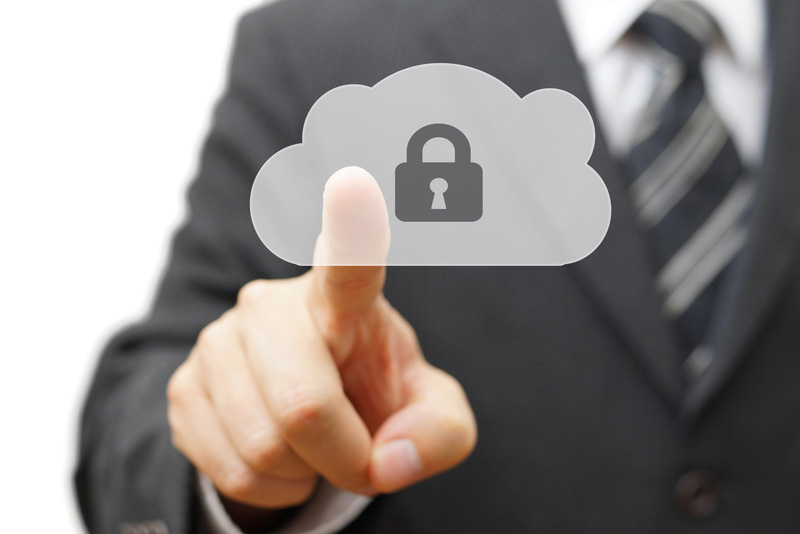<p style="text-align: justify;">Security breaches continue being a menace in our places of work now and then. Most of the victims appear from high income generating institutions like hospitals and manufacturers. In the USA alone 30,000 cases were reported last year and reflected an immense loss to the firms. What this means, is that we should be able to invest more on predictive security measures to help prevent, control and manage these cyber security threats. Without these actions, financial institutions will suffer huge losses worth millions and millions of dollars each year.</p>
<h2 style="text-align: justify;"><strong>How Safe are you?</strong></h2>
<p style="text-align: justify;">Like a policeman should ask you, how safe is your house from intrusion? The same question applies to company data. What guarantees safety to your company crucial data and what exactly are the practices that your company often undertakes to give assurance that you are safe? The answer lies just within the company’s data security team plans.</p>
<ol style="text-align: justify;">
<li>From most incidences that have happened on data breaches in the past year, 70% of the cases were internal errors. How safe are your company’s storage platforms? Offices need to have a spacious well-arranged filing cabinet that is locked from unauthorized access. In most cases, their files are either misplaced later to be shredded mistakenly or leaked to attackers in return for awards. Therefore, having measures that control the limitation and manipulation of the storage systems, employees access controls, and user accounts is of great importance.</li>
<li>Sensitive data should be handled only by the business owner and anyone else entrusted. Patents of crucial documents and formulas, i.e., intellectual properties, are some of the most essential pieces in business. Some of our companies have fallen victims of ransomware, where companies’ patent documents get leaked, and competitors outsmart their product.</li>
<li>Your data needs to be backed up. How often do you back up your data? How do we do it, and how can we best do it? It’s important to note that, your data is the crucial asset of the company. It’s advisable not to back up any of your data in just one place. The use of preventive security like antivirus programs with automated updates is of importance. This tool is best for your systems in that, from the storage, they act like armyworms that prevent any external access that is not welcome. Storage cloning helps in preventing complete loss of data. In case one storage is attacked; the backup storage provides the original files.</li>
<li>Do your employees handling the data know the impact of losing crucial data to your company? Putting the chosen entrusted employees into the limelight and making them understand why the data should be kept safe is very important. If you have no access to the latest physical storage, ensure you upload it into cloud storage just in case.</li>
<li>Create a strong password policy. This is a predictive security measure where you need to have rules set for password length, characters or cases, and for how long they are valid. Biometrics could accompany the passwords as well to ascertain that an employee is the rightful system user.</li>
</ol>
<p style="text-align: justify;">There are much more to look at on the safety of your company’s data. Threats keep coming up day by day and inventing their security measures is also put into consideration. Apart from passwords, education of employees, data backups, and proper data handling, we should consider data security tools and programs that assure the extra safety of our data.</p>

Knowing Your Data Is Safe
